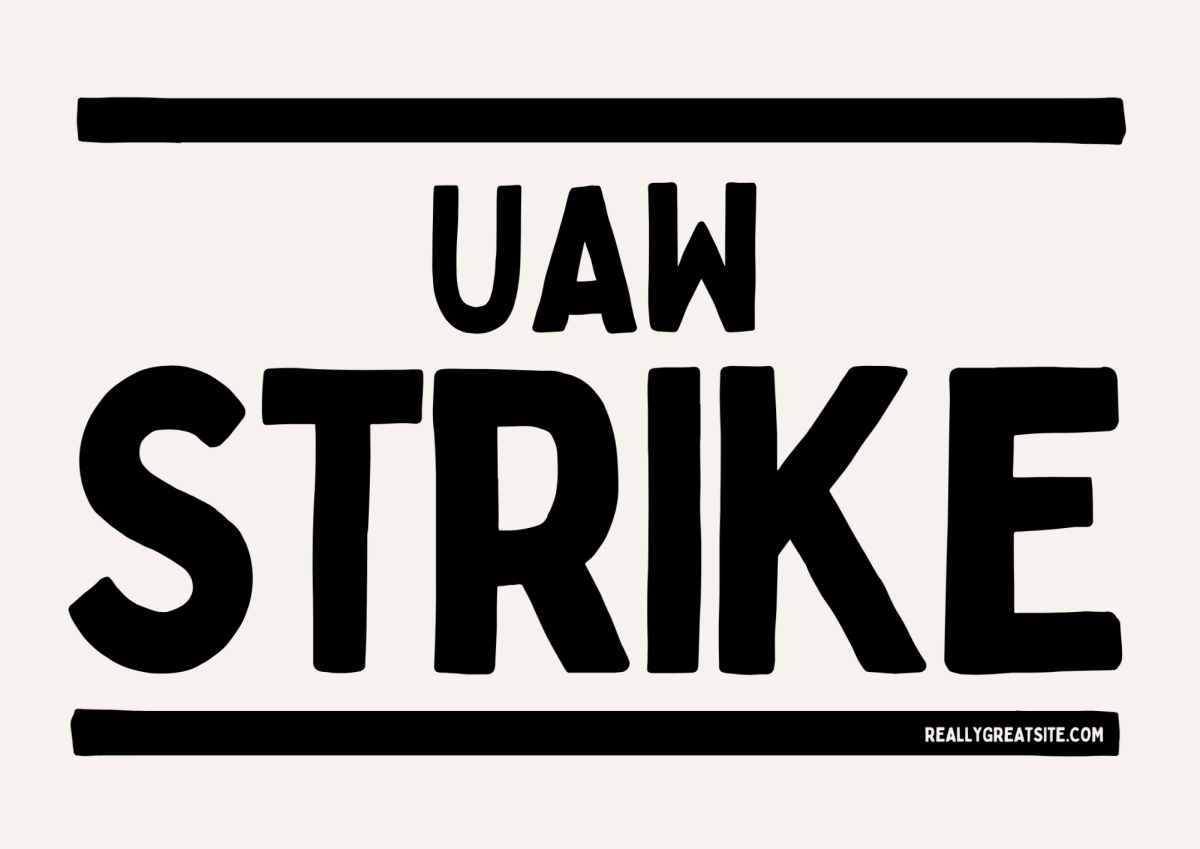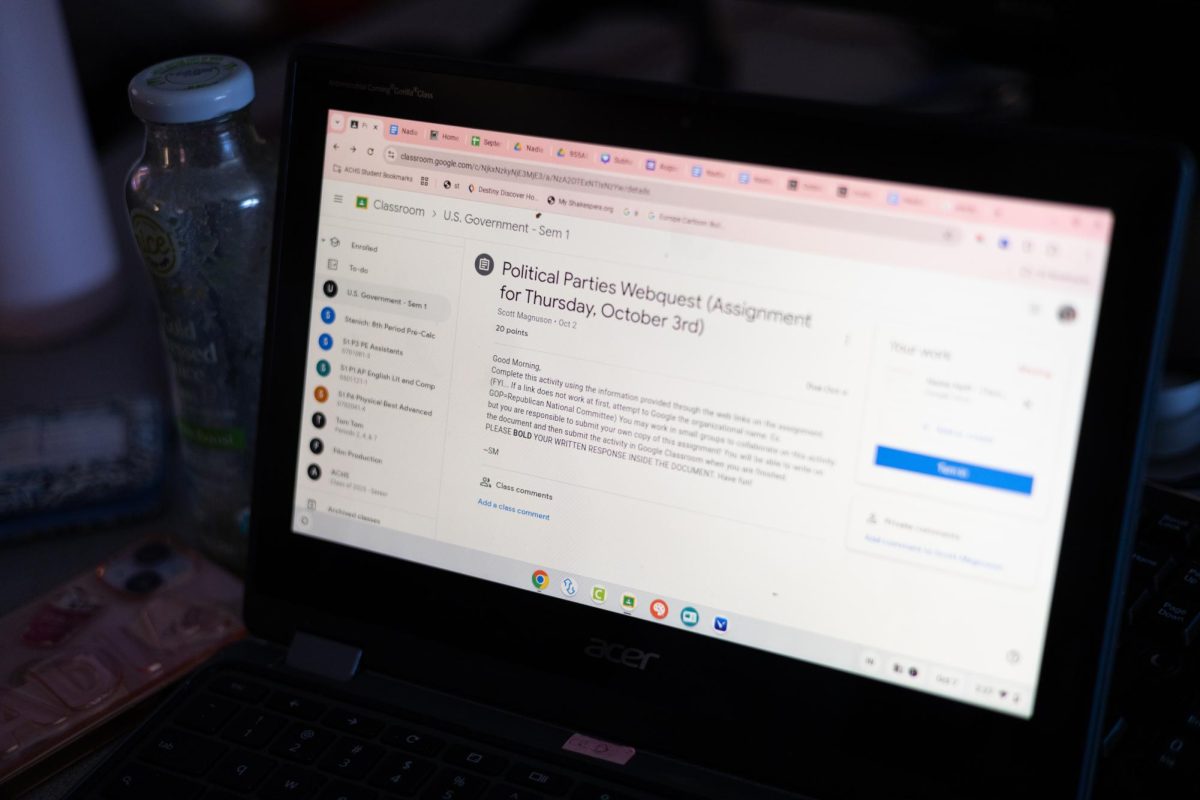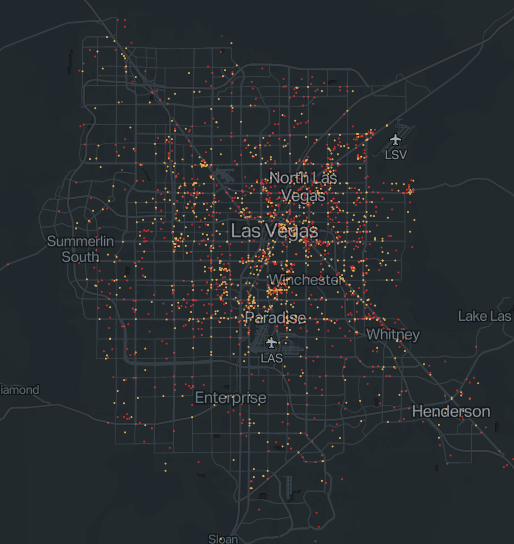Recently, the United Auto Workers, one of the largest auto unions, began a strike over their contract terms. The UAW wants to have better pay and benefits. The strike, which is now in its second month, has impacted Ford, General Motors and Stellantis (the maker of Ram, Chevrolet and Jeep cars). It is expected to impact the car industry greatly along with the economy.
The UAW has laid out its demands for the auto companies. According to The Washington Post, the UAW wants a 40% wage increase, but they have recently backed down to a 36% pay increase. They also want to reimplement the cost of living wage adjustments that they had back in 2009. Workers also want an expansion of retirement health care benefits and pension plans, as well as more company contributions to employee’s 401K accounts. The UAW also want a 32-hour work week with pay for 40 hours.
The auto companies have put various offers on the table and the UAW has turned each one down. According to The Washington Post, Ford has offered a 23% wage increase, the reinstatement of the cost of living wage adjustment and the elimination of the tiered pay system. General Motors offered the UAW a 20% wage increase and also increased company contribution to 401K retirement plans. Stellantis offered a 20% wage increase, a 6% 401k increase, plus a 50% company match to employees contribution. However, the UAW did not accept any of these offers.
Auto companies are worried about the toll this strike is having on their companies. According to Reuters.com, Ford has had to lay off 13,000 workers and expects to need to lay off 4,600 more. Ford is also losing about $150 million a week. Plus, with nearly 17% of auto workers on strike, many car models will be in short supply. According to Consumer Reports, many large SUV models such as the Ford Explorer and Chevrolet Colorado, will be impacted and car prices will increase due to the lack of workers at the plants.
Negotiations are expected to continue but it is unclear as to when a deal could possibly be reached.





















